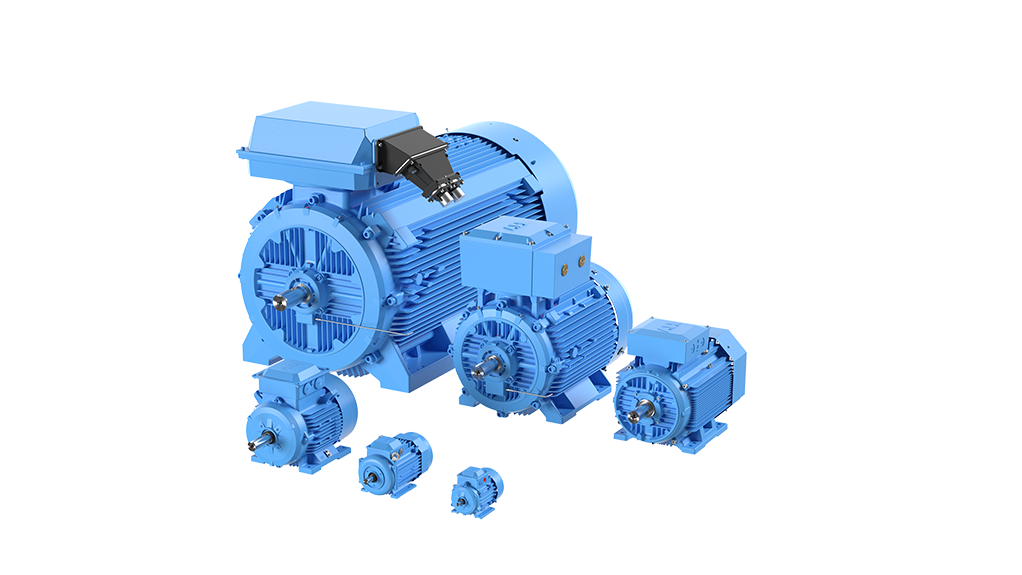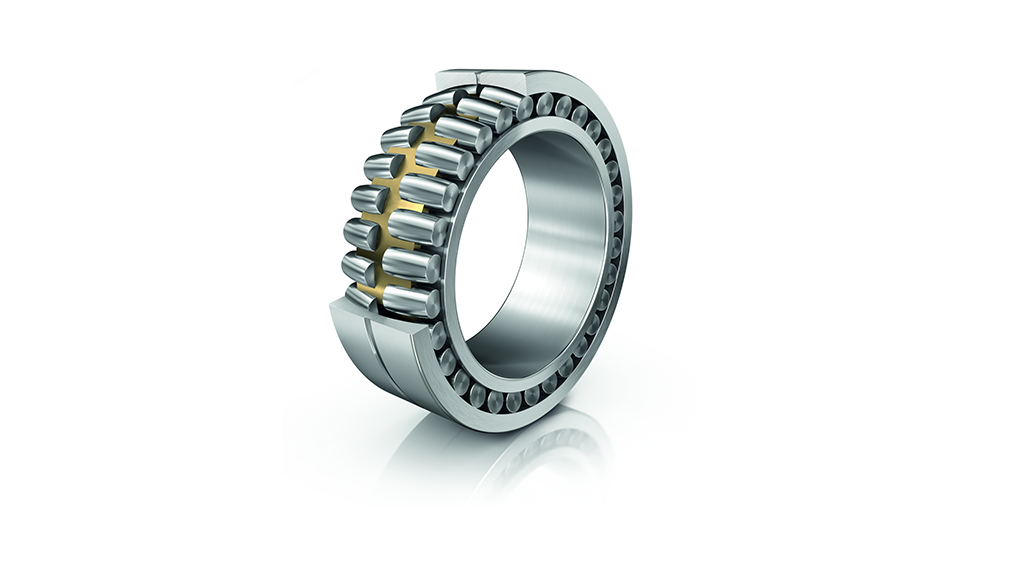Industrial solutions supplier Bearings International (BI) has been supplying industrial power transmission products to the sugar industry for 65 years, with its chains selection for the sugar mill segment setting it apart, says BI GM Christian Chipamaunga.
BI works with all the major sugar manufacturing brands in KwaZulu-Natal (KZN) and the Southern Africa region and, owing to increasing demand for sugar over time, many sugar mills have had to increase the quantity of sugar cane processing to meet such demand. This has translated into new and repeat work for the company, with it having had to, for example, design and/or modify new chains to meet this requirement.
“We sell various products to the sugar industry – from bearings, seals, couplings and electric motors to sprockets and heavier-duty conveyor chains for all stages of production. This includes products for the conveyance of dry pulp residue, which is usually burnt in the sugar mill boilers for energy-related purposes, given its suitably high calorific value,” explains Chipamaunga.
Meanwhile, BI has introduced a variety of conveyor chains that can be used across various manufacturing sectors in agriculture, mining and the automotive industry, among others. The versatility of these chains allows for use in all manufacturing processes, owing to variance design principles ensuring that they are suitable for multiple applications.
For instance, the solid pin chain is a series of roller conveyor chains with a high load-carrying capacity, compared with the hollow pin chains, which aid in transporting products from one place to another.
Whereas hollow pin chains are typically used in conveyance equipment, for example, in elevators, and to convey trays of dough to an oven when baking bread, solid pin chains are used to transport heavy loads that are placed directly onto the chain such as a car.
Moreover, deep link conveyor chains are more relevant to the motor industry, where they are used to convey the chassis and vehicle body during the various stages of manufacturing.
Chipamaunga notes that buying behaviour is changing across multiple industries, which has influenced BI’s approach to clients, as well as its engagement with product developers.
The demand for energy efficient products, especially in bearings and motors, is heavily influencing buying patterns –not only in KZN but across the industry in Southern Africa.
“We are constantly engaging with our original equipment manufacturer (OEM) partners’ research and development functions to keep abreast of key developments and new market offerings,” he adds.
BI has also launched a new range of automotive aftermarket products within its OEM department, partnering with global engineering and manufacturing automotive bearings solutions, and high-performance machine tools company Jtekt.
BI and Jtekt are targeting the automotive aftermarket with a new offering of universal joints,constant velocity joints,steering pumps, clutch bearings and tie-rod ends for electronic steering wheels, with the primary focus on Japanese manufactured vehicles. This is key for Japanese automotive and Indian automotive manufacturing plants in Southern Africa, Chipamaunga says.
The company is also excited about its new offering of robust, long-cycle and performance bearings for two-wheel bicycles and mountain bicycles.
BI also introduced a 24-hour field service offering across various sectors in mining, sugar, pulp and paper, OEM, and the fast-moving consumer goods in Gauteng and KZN in 2022.
The services range from bearing inspections; removals and installation; the alignment of pumps, gearboxes and motors; and balancing, coupling removal and installation to sugar chain refurbishments and installations, besides others.
These key offerings have now become a part of BI’s refocused engineering services; these services will be rolled out nationwide in the future.
Although the mining sector continues to be the biggest revenue contributor to sales revenue, owing to Africa’s rich mineral deposits, Chipamaunga highlights BI’s agriculture segment, which has shown steady growth in sales annually, possibly owing to new challenges as a result of climate change.
“Farming products and needs are substantially affected by the changes brought on by climate change,” which, in turn, affects the quantum and type of products sold to farming communities, he says.
Further, counterfeit goods remain “one of the major challenges in the business”.
“Fake products continue to proliferate the market, causing some physical damage to machines and personnel, and reputational damage to the business. This is an area that needs constant focus, and for our valued consumers to be educated to highlight the potential revenue loss and long-term machinery damage if zero tolerance to counterfeits is not exercised,” he concludes.
Edited by: Nadine James
Features Deputy Editor
EMAIL THIS ARTICLE SAVE THIS ARTICLE
ARTICLE ENQUIRY
To subscribe email subscriptions@creamermedia.co.za or click here
To advertise email advertising@creamermedia.co.za or click here

















